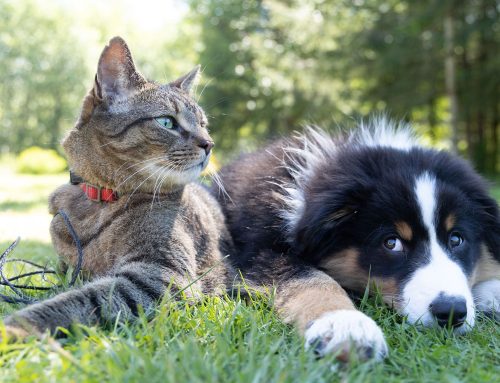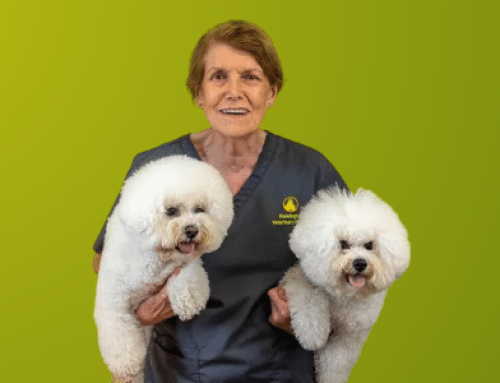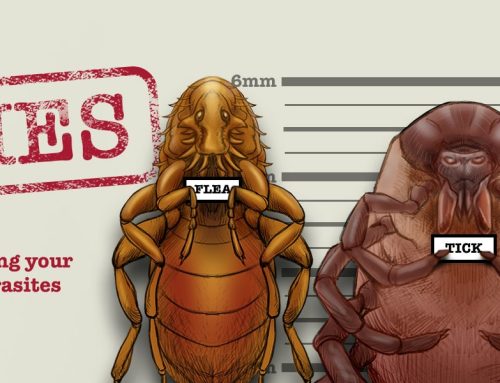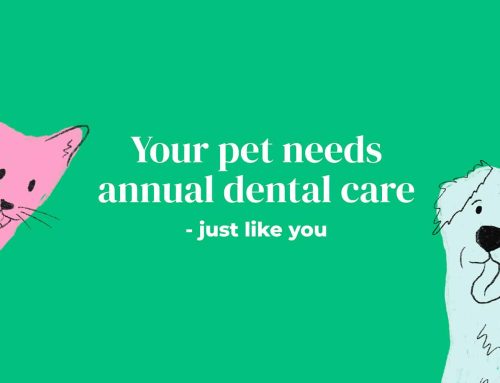Just like humans, our pets need some extra love and care as they age.
We recommend routine health assessments every 6-12 months. This includes a full physical examination as well as blood and/or urine tests. Regular checks can detect problems in their early stages, even before a cat may show any outward symptoms. Some changes can be prevented or be made more manageable because prevention is better than a cure!
Common problems in older cats:
Mobility and Exercise:
We often see our older cats “slow down” as they age. Arthritis is an extremely common cause of this. Cats, however, are very good at hiding their symptoms. Early diagnosis and management can dramatically improve the quality of life in older cats.
Management depends on the severity of the symptoms. Every senior cat is unique so your vet can make the best recommendations after a comprehensive health assessment. It may be as simple as starting with an effective joint supplement but more severely arthritic cats may benefit from prescription medications. Your vet can tailor a management plan for your cat after a full physical examination.
Maintaining a good lean body condition is very important for a host of reasons. Our heavier feline friends tend to suffer from more joint issues and have a higher risk of developing type II diabetes. On top of a balanced diet, we recommend encouraging physical activity where possible. Regular exercise can keep your cat’s joints mobile and healthy.
Symptoms of joint disease:
Diet:
Dietary requirements change as cats get older. As they become less active and their metabolism slows down, older cats will need less calories. It is important to keep your cat at an ideal body condition to reduce the risk of other related health issues.
We recommend selecting a premium quality cat food that is made for senior cats. These diets contain extra support for muscles, joints, skin, urinary tract and brain health. Some cats may have specific conditions that require their own special diet. In such cases, your vet can recommend food additives or supplements to help your cat age gracefully.
Dental Health:
Dental disease is by far the most common problem we see in our practice and almost all dental problems can be prevented. Dental disease includes the following problems:
- An accumulation of plaque, tartar and dental calculi
- Tooth root resorption
- Gingivitis – inflammation of the gums
- Gingival recession – when the gum line is pushed back irreversibly beyond the normal position
- Detachment of the tooth roots
Common symptoms of dental disease:
The vast majority of cats will not show any outward symptoms of dental disease until the pain is intolerable.
Fortunately, there are many things that we can do to prevent and also treat dental disease. Firstly, ask your vet to perform an oral health assessment to determine your cat’s oral health status. More severe cases of dental disease will require a dental procedure to treat the problems. There are numerous ways to prevent dental disease and not all methods will be appropriate for your cat. After your vet performs an oral health assessment, they will discuss the best and most appropriate solutions to suit your lifestyle.
Behaviour and Cognitive Function:
Providing mental stimulation can help senior cats deal with the cognitive and physical changes as they get older. Here are some ideas to get you started:
- Making feeding more natural – use food puzzles and toys to provide mental stimulation. You could also hide food around the house to give your cat the impression that they are hunting.
- Switch it up – rotate different toys to prevent boredom
- Access to vertical space – cats love to climb and watch from up high and out of windows. Cat window hammocks are a great way for cats to laze in the sun and look out of windows.
- Bring nature inside for indoor cats – provide a pot of cat grass for your cat to nibble on
Symptoms of cognitive dysfunction:
A common problem that our senior feline friends can encounter is cognitive dysfunction, otherwise known as “kitty dementia”.
The symptoms of cognitive dysfunction can manifest very differently between individuals. Some owners see changes in sleeping patterns in early stages, whereas other owners might just see their cats just staring into a wall. In more advanced cases, cats can develop severe anxiety, start toileting in the house or spend all night vocalising at random. While we cannot cure this problem, there are many ways that we can manage and slowdown the progress of cognitive dysfunction.





